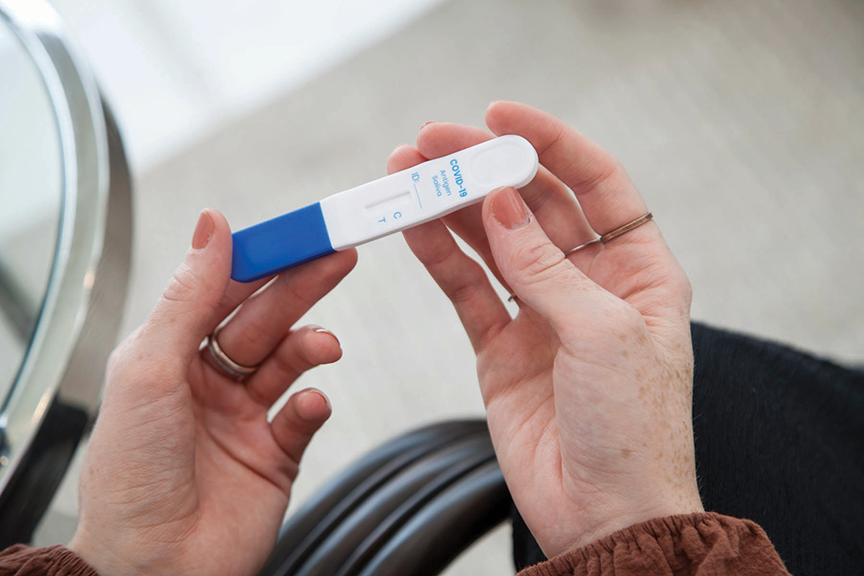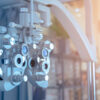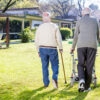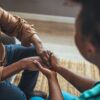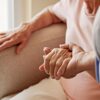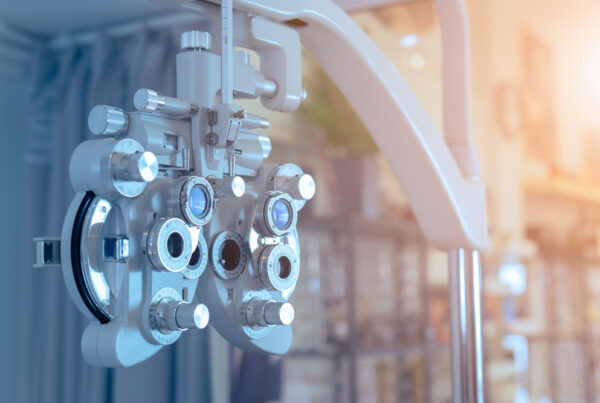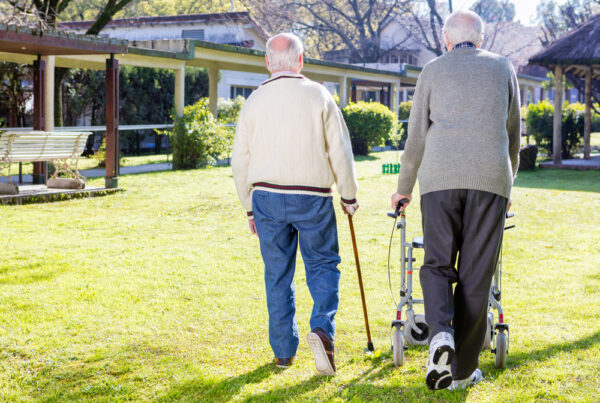The COVID-19 pandemic has placed an exacting spotlight on aged care and the frailties and failings within the sector, and while aged care providers in residential and home and community care are doing all they can to maintain care and support for their residents and clients in the face of severe staff shortages and a lack of crucial resources like PPE and rapid antigen tests, product suppliers need to be adapting their processes too.

Despite the recent difficulty sourcing rapid antigen tests, those living in structured care facilities or with access to Home Care Package (HCP) providers, will have at least had guidance, supervision and assistance if, and when, COVID-19 testing was conducted, as well as someone to ensure the test was conducted correctly and the result recorded accurately.
Those people living independently or without access to regular help and care, however, may well be experiencing increased levels of confusion, anxiety and frustration around the constantly changing rules and information around COVID-19; the lockdowns, personal restrictions and now various testing measures, and may decide that withdrawing into extended isolation may be the only way to stay safe.
In scientific literature, there is much evidence of a relationship between age and dexterity, where increased age is related to slower, less nimble and less smooth, less coordinated and less controlled performances that makes completing everyday tasks more difficult. This can gradually cause people to care less for themselves and often prevents them from being social, pursuing interests, or taking part in activities they enjoy.
Aside from neurological conditions, deterioration in dexterity and hand function in the elderly population is, to a large degree, secondary to age-related degenerative changes in the musculoskeletal, vascular, and nervous systems, and the multi-step process of conducting a nasal swab test can be intimidating and confusing. Add to this the cost of doing it incorrectly or receiving an incorrect result, and the consequences could be dire.
More support is needed to enable elderly people not only to live independently through products and programs that focus on safety, but also to ensure they can physically manage those processes and continue to thrive as individuals.
Acknowledging that these age-related changes are often accompanied by underlying pathological conditions including osteoporosis, osteoarthritis, rheumatic arthritis and even Parkinson’s disease, Australian digital health company Gardian has developed and launched a non-invasive, saliva-based rapid antigen test that is suitable for all ages and abilities including those with low-vision, have issues with physical dexterity or have cognitive disabilities.
Capable of identifying all current variants identified by the World Health Organisation and listed on the Register as very highly sensitive, the Gardian T3 lateral flow (saliva-based) rapid antigen test provides a reportable result in just 10 minutes.
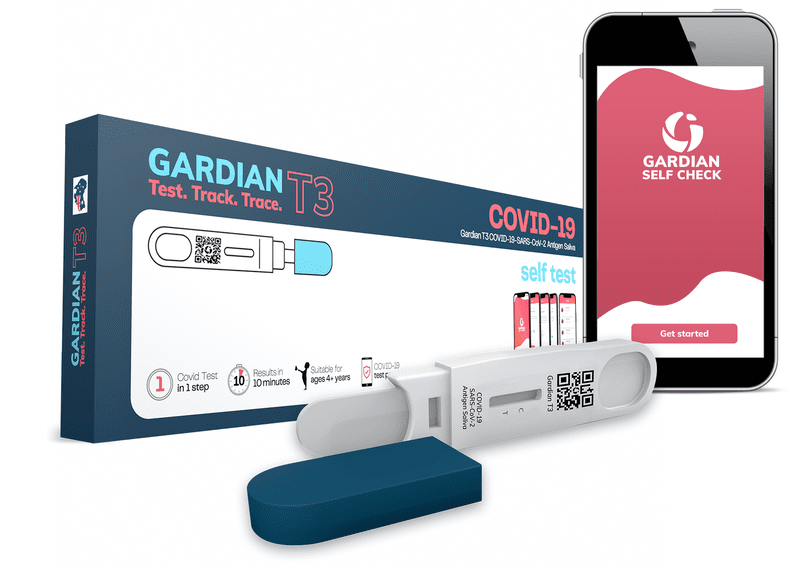
Suitable for Point of Care environments or at home self-testing and intended for use in the first seven days of symptom onset, the rapid antigen test provides substantial testing infection control with results capable of being determined very early in the infection cycle.
Speaking of the innovative device, Graham Gordon, CEO of Gardian said, “In our experience, there are not a lot of products offering a significantly high level of sensitivity and specificity while featuring functionality simple enough to suit users with age or disability-related difficulties.
In addition to being a non-invasive and easy-to-use product, the Gardian T3 has four identifiable benefits namely usability, repeatability, traceability and reliability that make it suitable for all age and ability groups.
In terms of usability, the straightforward, one-step functionality of removing the cap and simply placing the test cassette in the mouth eliminates the need for multiple handling, or the unpleasant insertion of a swab in the nasal passages. This effectively reduces the potential for any number of errors to occur.
And whether the test is taken by a care provider or resident, if used in conjunction with the Gardian T3 selftest mobile app – downloadable from IoS and Android – users can easily follow the step-by-step instructions to take the test and if desired, can record the result via the phone’s camera and even share their COVID-free status with a doctor or health practitioner.
Repeatability is critical when it comes to eliminating the potential for false or invalid results. With most nasopharyngeal or anterior nares swabs if one doesn’t follow the instructions for use, maintain the device in a conducive temperature, observe the recommended time allocation or use too little or too much buffer solution, any one of these factors, or combination thereof, could adversely affect the test performance and/or produce invalid results. And in the case of a false negative, the person undertaking the test may go on to infect others.
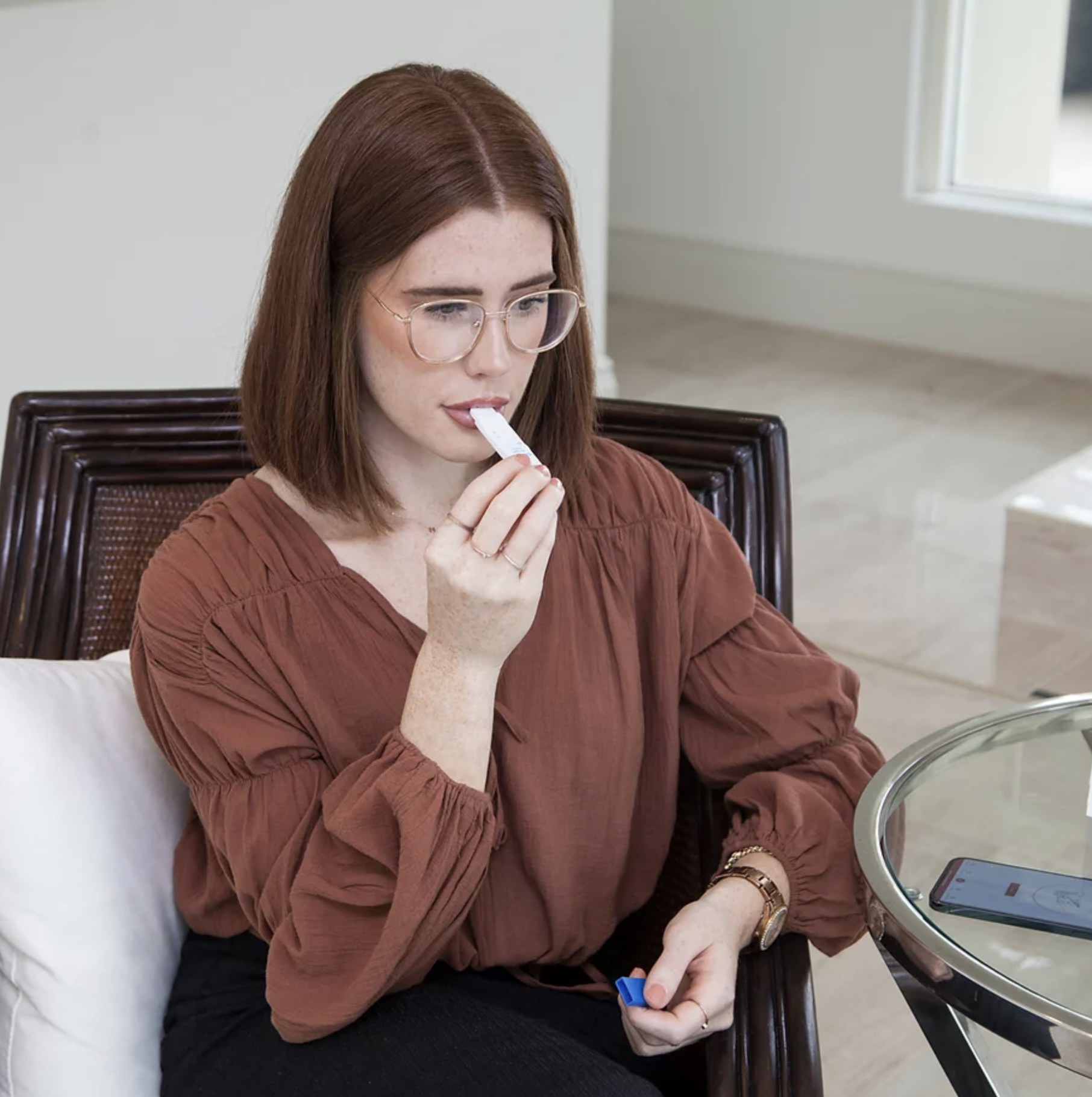
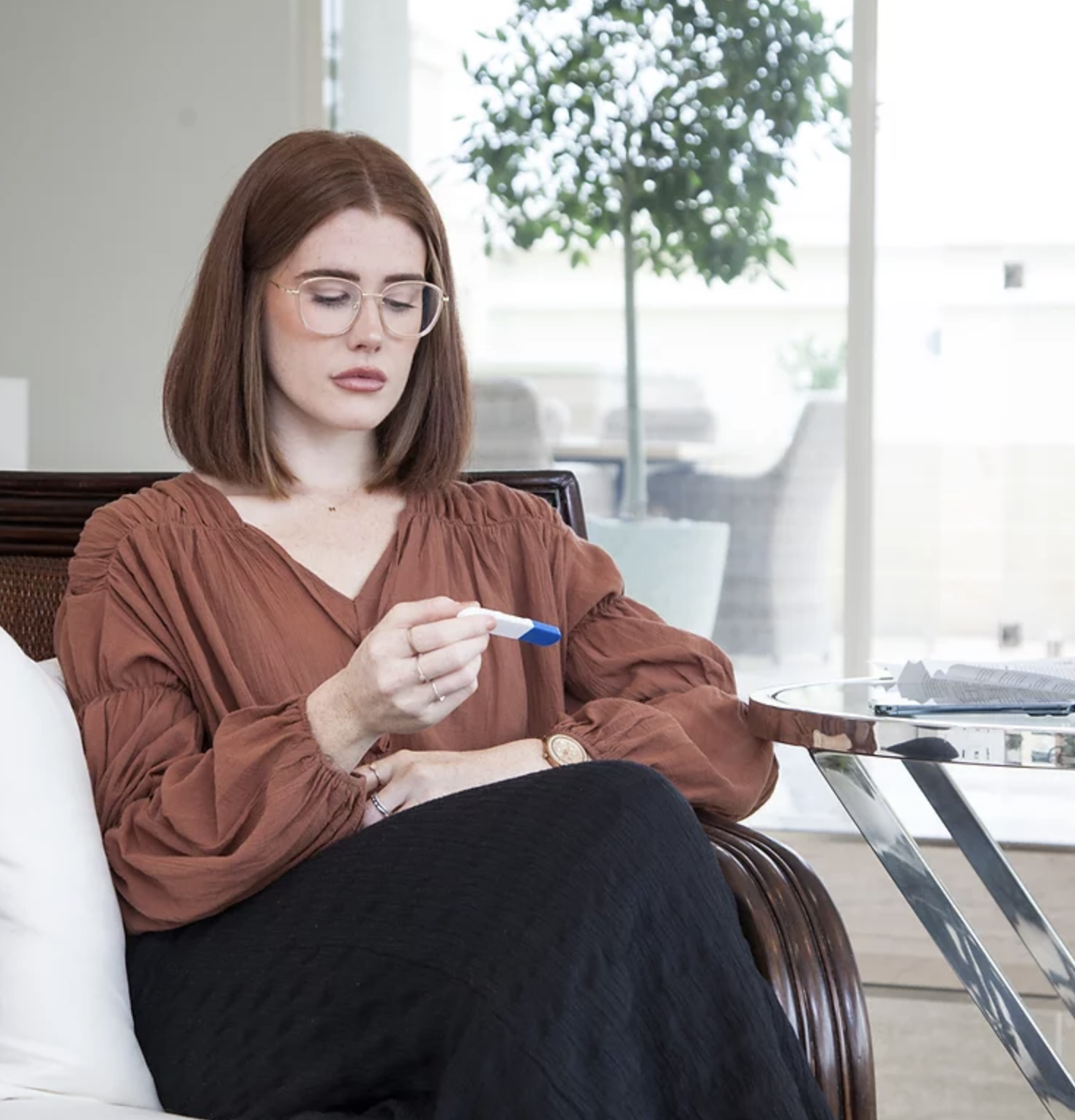
The simple one-step process of the saliva test, used alongside the mobile app effectively eliminates human error, ensuring the test is done right, every time, providing near perfect efficacy.
Unlike any other rapid antigen test, the Gardian T3 offers facilities and users comprehensive traceability of every unit via a unique QR Code on each cassette. The QR code is linked to critical data on all aspects of the manufacturing, shipping, storage and distribution process should a recall be necessary. This critical safety feature also allows for the identification and recording of the person taking the test, the date, location, time and result so that users may be contacted if necessary.
Added to this, and highly pertinent considering the recent global shortage of rapid antigen tests, is the assurance that as the exclusive global sponsor of the Gardian T3, Gardian is looking at introducing local manufacturing within a few months whereby they will control all manufacturing volumes and supply, and therefore will not be in a bidding allocation position for product against other countries.
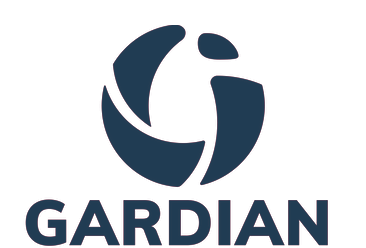
Information supplied by Gardian
